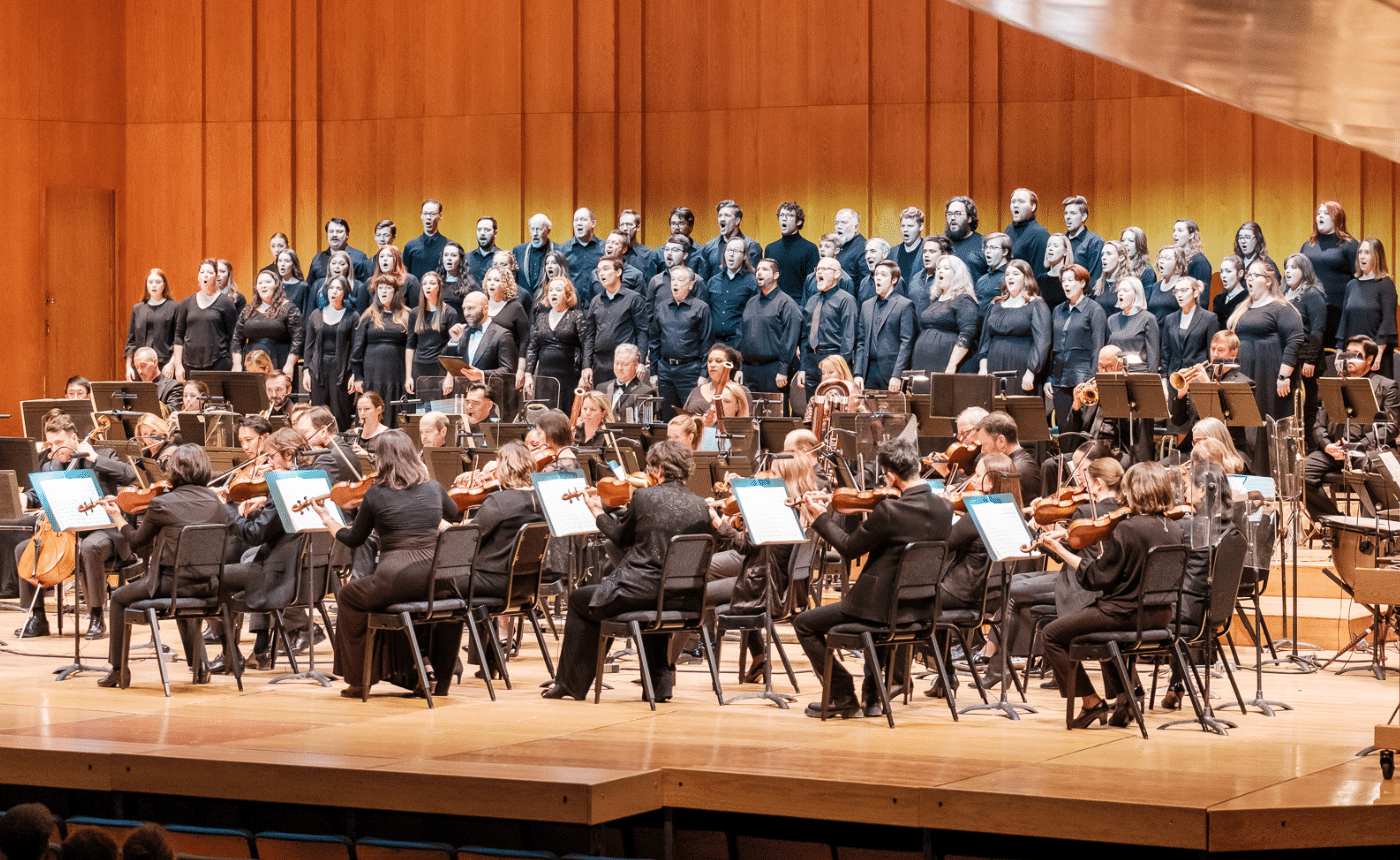Haydn – Symphony No. 101 in D Major “The Clock”
Written by Jeff Counts
THE COMPOSER – FRANZ JOSEPH HAYDN (1732-1809) – Haydn’s 1794 residency in London was his second of the decade. The previous engagement in 1791 was so wildly successful that Haydn could hardly refuse the re-invite from the German expatriate Johann Peter Salomon just three years later. The two men collaborated on three (Nos. 99, 100 and 101) of the composer’s final six symphonies and they premiered just a few short weeks after his arrival.
THE MUSIC – The collection of symphonies that resulted from the two London periods are now named for the city itself. Twelve in all (Nos. 93-104), the London Symphonies constitute the final contributions Haydn would make to the genre he shaped for over 35 years. No. 101 was premiered on March 3, 1794 at Hanover Square and received the same overwhelmingly positive reaction Haydn had enjoyed back in 1791. The London papers were in a swoon, calling the work “delicious” and breathlessly lauding “the inexhaustible, the wonderful, the sublime HAYDN!” It was sort of praise the composer was already accustomed to in England and could expect to elicit at least three more times (later comments would claim that he knew no mortal peer). The nickname of No. 101 comes from the tick-tock rhythm of the 2nd movement and took hold as early as 1798 when the piece was published in Vienna. This tell-tale Andante was demanded as an encore at the first performance, along with the first movement, likely due to the charming variety and dramatic flair that are abundant in both. All four movements, in fact, show the great master at his most potent. The signature wit is there, certainly, but so is a new level of instrumental virtuosity and a few stylistic innovations that seem like premonitions (more than one essayist has remarked on links between Haydn’s minuet and Beethoven’s “Pastroral” Symphony) of important things to come.
THE WORLD – 1794 saw the publication of The Age of Reason by Thomas Paine and the Songs of Experience by William Blake. France abolished slavery that year (only to restore it in 1802). In America, the Whiskey Rebellion was finally quelled.
THE CONNECTION – “The Clock” was last featured on a Utah Symphony Masterworks program back in 1996. Joseph Silverstein was on the podium.











